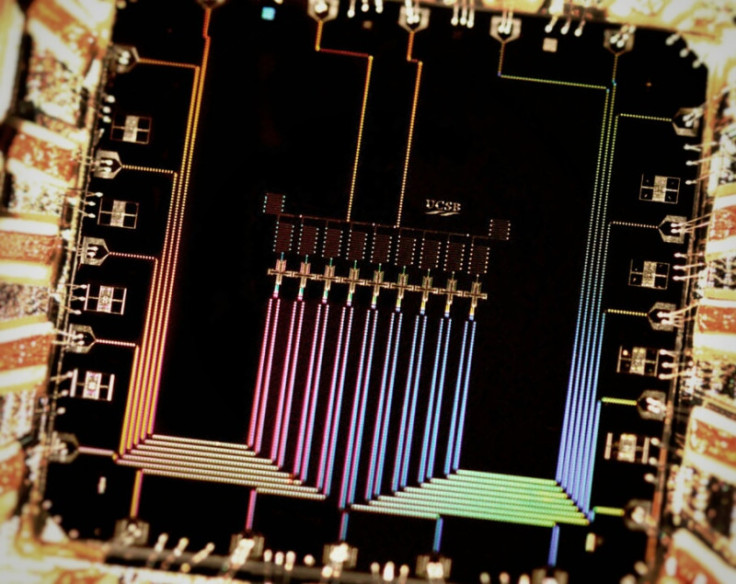Google makes quantum computing breakthrough with qubit correction system

A milestone in the development of a practical quantum computer has been passed by researchers from Google and the University of California, Santa Barbara (UCSB).
In a research paper published on 5 March in the journal Nature, the team demonstrated an error-correction quantum bit (qubit) circuit that allows quantum computers to remain stable enough to reproduce the same results.
"One of the biggest challenges in quantum computing is that qubits are inherently faulty," said Julian Kelly, a student at UCSB and co-lead author of the research paper. "So if you store some information in them, they'll forget it."
What is quantum computing?
Quantum computers replace traditional bits that are used in digital communications with quantum bits, or qubits. Potential applications can be found in a variety of fields, from medicine to space travel.
Qubits exist in a state of superposition, meaning they can be in both states at once, rather than restricted to either binary state as traditional bits function.

Quantum computers are widely hailed as the next technological revolution due to their potentially immense processing power that is exponentially larger than current computer technologies. Developing a practical machine, however, has so far proved very difficult for researchers.
The fragile nature of qubits, which operate at super-cold temperatures to enable their unique quantum mechanical effects, has previously meant that these errors lead to calculations being ruined.
A lot of the current research into quantum computers aims to establish qubit systems that can detect and fix errors, known as "bit flips".
These occur when the qubit switches from a 1 to a 0 due to environmental factors.
The researchers were able to demonstrate qubits able to recognise and prevent bit flips in qubits further down the change of a nine-qubit system.
The breakthrough comes following almost six years of interest in quantum computing from Google, after the firm purchased a machine from Canadian firm D-Wave Systems.
A collaboration with UCSB was announced in September in an effort to build its own quantum computing processors and expand artificial intelligence technologies.
© Copyright IBTimes 2025. All rights reserved.






















